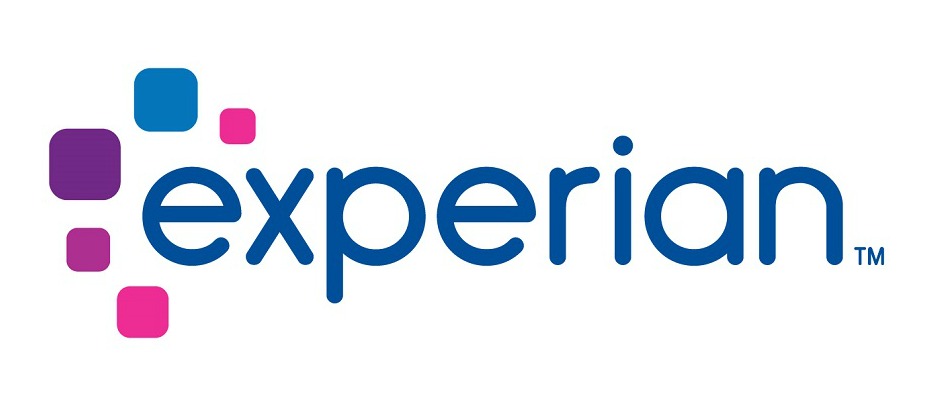
The UK is home to some of the brightest minds in the Fintech sector. It is a hive of innovation that is starting to deliver consumer services which challenge conventional thinking about the role and function of traditional service providers. During the last few years we have seen customers develop ever-increasing expectations when it comes to digital services. People are demanding engaging content with useful and simple functionality which delivers a great user-experience. And it is the new entrants into the marketplace, the disrupting Fintechs, who appear to be most effective at meeting this need at present. Start-ups also have the advantage of agility and speed. And the impact of the rapidly evolving Fintech community should not be underestimated. Although we are one of the biggest companies in the world, Experian’s own pioneering application of data, analytics and technology plays an important role in finding new innovative solutions too – from helping consumers understand and improve their financial situations, to supporting the growth of businesses, managing risk and protecting against fraud. Now we’re looking to discover and support a new generation of innovators and entrepreneurs who will change the future of finance. That’s why we’re so delighted to be working with Tech City UK on the FinTech4All competition. The Experian Spotlight Award is designed to recognise a particularly outstanding concept, product or service from all those who enter the contest. It’s our intention to build the award package with the people who win it, depending on what they need – whether that’s mentoring, advice, access to our own expertise, or something else. It’s a hugely exciting project and it’s going to be really interesting to see what kind of original ideas emerge. Interested? Part of a start-up that wants to make financial services work for everyone? Then visit FinTechForAll to enter.

In the aftermath of Hurricane Harvey, the nation is waiting to assess the scope of the damage.

For the fourth consecutive year, Experian has been named to Forbes Magazine’s Top 100 list of the “World’s Most Innovative Companies.” At Experian, we are proud to foster a global culture of continuous innovation, from finding breakthroughs around better utilizing data to identifying ways we can make access to credit faster and simpler for millions around the world. The recognition as a top innovative company is a testament to our employees’ focus on putting the consumer and our customers at the center of what we do, and powering innovative opportunities to secure better, more productive futures for people and organizations. This past year has been a year of significant milestones, including our partnership with Finicity, the introduction of our Text for Credit product, and our drive to create a more open and adaptive technology environment by implementing API capabilities across the Experian network. In March, we were among the first companies to digitize the mortgage underwriting process. We partnered with Finicity to join our new Digital Verification Solution with their data aggregation and insight platform, creating technology that easily verifies consumer assets and income. This new service enables us improve data accuracy and reduce fraud risk for lenders, and removes the hassle and piles of paperwork for consumers, accelerating the loan underwriting process to as little as 10 days. In July, we introduced the first-ever credit solution that enables consumers to apply for credit with a simple text message. Utilizing patent-pending mobile identification through our Smart Lookup process, consumers can be recognized by their device credentials, bypassing the need to fill out a lengthy credit application. Our Text for Credit product enables consumers to apply for real-time access to credit while standing in line to make their purchases, or before entering an auto dealership. We’ve also implemented application programming interfaces (APIs) across the Experian network. This works to improve the transfer of data, speed up the pace of innovation and foster a more collaborative environment, enabling us to create a more efficient and targeted platform for our customers. Additionally, understanding that healthcare is becoming the “new retail” environment, Experian launched price transparency and patient estimate tools that provide health systems with real-time eligibility and insurance coverage to help patients avoid the sticker shock associated with unforeseen medical expenses. An industry’s greatest innovators are successful not only because they deliver superior products in the present, but also – and perhaps more importantly – because they continuously solidify their place in the future through a culture of discovery that encourages modernization and disruption. As author Greg Satell outlined in his new book, Mapping Innovation: A Playbook for Navigating a Disruptive Age, the work we do in our DataLabs – and throughout Experian – shows our commitment to being inventive and agile in an increasingly competitive market. Experian embraces a culture of discovery that enables us to grow and evolve while remaining at the forefront of innovation. Of course, the key is to never stop questioning, evolving and innovating. And we won’t.


